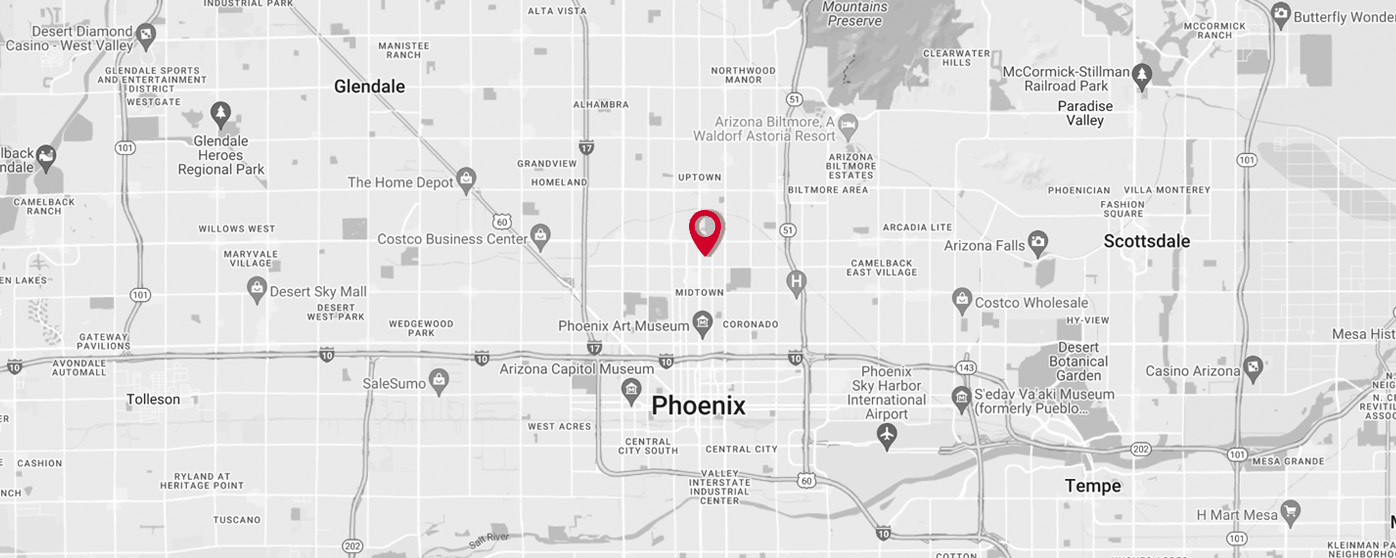
The short answer is that workers’ compensation benefits are generally not taxable at the federal or Arizona state levels. There are some limited exceptions to this rule, which we will cover below, but unless they apply to you, you need not worry about paying taxes on your workers’ compensation benefits.
If you have questions about your workers’ compensation benefits, including how to claim them, how much you might receive, and how long they will last, one of our Arizona workers’ compensation attorneys at Matt Fendon Law Group can help you with answers to these questions and more. Call us at (800) 229-3880 to speak with a workers’ compensation lawyer.

When is Workers’ Comp Taxable?
Your workers’ compensation benefits are not subject to federal or state income taxes. But if you combine workers’ compensation with other government-provided benefits, you can be subject to taxation on some of the benefits you receive.
The two kinds of other government benefits that can affect the tax status of your workers’ compensation benefits are both connected with the Social Security Administration:
- Social Security Disability Insurance (SSDI)
- Supplemental Security Income (SSI)
What is SSDI?
SSDI is a tax-funded federal insurance program that pays Social Security benefits to people who meet the following eligibility criteria:
- You must have a disability.
- You must be on a limited income.
- You must have paid into Social Security through payroll taxes for a minimum period, usually between 5 and 10 years.
SSDI benefits are taxable.
What is SSI?
SSI is a supplemental income program that provides monthly cash benefits and healthcare coverage to people who qualify. A main difference between SSI and SSDI is that SSI has no work credit requirement for eligibility like SSDI does.
SSI eligibility criteria are:
- You must be a US citizen.
- You must reside in one of the 50 states or the District of Columbia.
- You must be older than 65 years of age.
- You must be blind or otherwise disabled.
- You must be on a limited income.
SSI payments are not taxable.
However, if you receive workers’ compensation and SSI at the same time, then the amount you receive in workers’ compensation is considered income and is deducted from the Federal Benefit Rate (FBR) you receive.
In 2025, the FBR is $967 for an individual or $1,450 for an eligible couple.
Federal Taxable Benefit Income Combinations
Workers’ compensation payments to you can become taxable at the federal level when you combine them with Social Security benefits.
Specifically, if your combined workers’ compensation and SSDI benefits amount to more than 80 percent of your average earnings, and if your SSDI amounts are taxable, the SSA will reduce your SSDI payments through workers’ compensation offsetting.
Your SSDI Benefits Must Be Taxable
Workers’ compensation offsetting for federal taxes only happens if your combined benefits are enough to be taxable.
Although SSDI payments are not generally taxable by themselves, if you make additional income on top of your Social Security benefits, then you could be subject to tax on those benefits if your combined income is more than a set amount.
Your “combined income” is based on the following formula:
- Start with your adjusted gross income for the tax year.
- Add to this amount any nontaxable interest income you receive.
- Add to this combined amount one-half of your annual Social Security benefits.
The sum of 1 through 3 above is your combined income.
For example, if you file your taxes as an individual, and your annual combined income is between $25,000 and $34,000, then you could be subject to income tax on up to half of your Social Security benefits. If your combined income is more than $34,000 annually, then your Social Security benefits could be subject to taxation at an 85 percent rate.
If you file your federal income taxes jointly, the 50 percent tax rate on Social Security benefits kicks in between $32,000 and $44,000 yearly, with the 85 percent tax rate applying to annual combined income of more than $44,000.
For example, let’s say that your average earnings were $4,000 monthly. After your work-related injury, you collect both workers’ compensation and SSDI in the following amounts: $2,000 monthly in workers’ compensation benefits, and $1,400 from SSDI, for a total of $3,400. This amount, however, is more than 80 percent of your average earnings, which would be $3,200.
In this case, the Social Security Administration will reduce your SSDI benefits by $200 to bring your combined disability compensation down to $3,200 to match the 80 percent threshold. But you will still be subject to federal tax on the $200 offset amount because, under IRS rules, it is workers’ compensation instead of SSDI.
Talk to an Arizona Workers’ Compensation Lawyer Today
At the Matt Fendon Law Group, our highly skilled and compassionate workers’ compensation lawyers are ready to help you with all aspects of your workers’ compensation claim, including how to understand whether any of your compensation is taxable.Call us today at (800) 229-3880 to schedule a confidential, free consultation with an experienced Arizona workers’ compensation lawyer, or contact us online.





